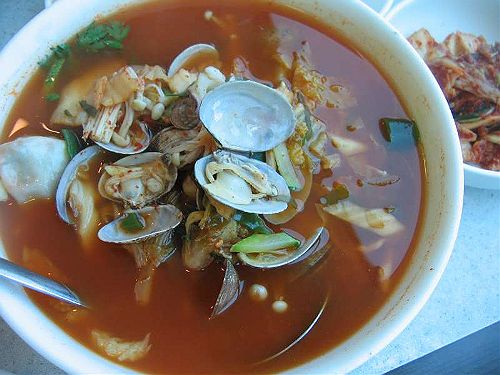China is a united multi-ethnic nation of 56 ethnic groups. According to the fourth national census, taken in 1990, the Han people made up 91.9% of the country's total population, and the other 55 ethnic groups, 8.1%. As the majority of the population is of the Han ethnic group, China's other ethnic groups are customarily referred to as the national minorities.
The Han people can be found throughout the country, though mainly on the middle and lower reaches of the Yellow River, the Yangtze River and the Pearl River valleys and the Northeast plain. The national minorities, though fewer in number, are also scattered over a vast areas, and can be found in approximately 64.3% of China, mainly distributed in the border regions from northeast China to north, northwest, and southwest China.
Yunnan Province, home to more than 20 ethnic groups, has the greatest diversity of minority people in China. In most of China's cities and county town, 2 or more ethnic groups live together.
Taking shape over China's long history, this circumstance of different ethnic groups living together in one area while still living in individual compact communities in special areas: continues to provide the practical basis for political, economic and cultural intercourse between the Han and the various minority peoples, and for the functioning of the autonomous national minority areas system.
Equality, unity, mutual help and common prosperity are the basic principles of the Chinese government in handling the relations between ethnic groups. The Constitution of the PRC specifies that all ethnic groups are equal. The state guarantees the lawful rights and interests of the minority peoples.
Discrimination against or oppression of any ethnic group is prohibited; all acts that undermine the unity of the ethnic groups or create division among them are forbidden. Big ethnic group chauvinism, mainly Han-chauvinism, or chauvinism in a local level, is banned. Every ethnic group has the freedom to use its own spoken and written languages and to retain or changes its customs.
In accordance with these basic policies, China practices a system whereby national minorities exercise regional autonomy. Where national minorities live in compact communities autonomous organs of self-government are established under the unified leadership of the Central Government.















 PREVIOUS
PREVIOUS